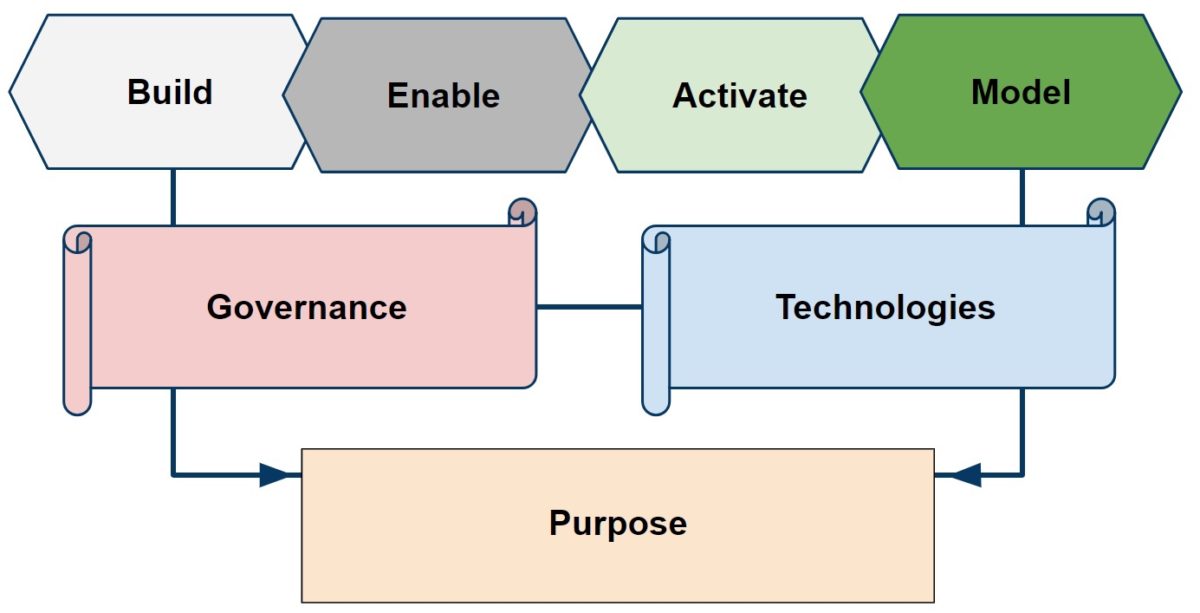Al Lun contacted me last year with helping him setup a technology framework for his mission to build healthy and inclusive communities where opportunity and responsibility are broadly shared. This is done by contributing to projects aligned with purpose.
Last year, I helped him and Diversity Council with migrating to Office 365 and SharePoint. A year has passed and I’ve been contacted again to help with a special collaboration between his OpenBeam site and PowerShift.
At first, I did not understand the value proposition, but as we continued to meet with the stakeholders, I finally understood the importance of this new way of working. At the moment, there is a lot of grey area that needs to be clarified, and this is where a UX lens would be helpful. On the surface, the problem seems worthwhile to tackle. The back-end solution has already been selected with a technology called Glass Frog. However, the front-end pieces and support infrastructure still need to be defined.
The first task is to redesign the OpenBeam website. There is an opportunity to reshape what it currently is so that it can be a launching point for this new initiative. At the moment, the site serves as a portal into the various community projects that Al is involved in. There are a ton of status updates from the Rochester community that has been carefully curated into a single place, where the transparency of all decisions has been laid out. There is a dashboard that contains a ton of metrics from various sources that show at a high level the progress that Rochester is making. The real value of OpenBeam (in my opinion) is the community connections that have been established through the hard work that Al has put in.
The next task is to really understand how to best position this new initiative to the Rochester community. The concept of holacracy can seem alien at first, but it is actually quite common in the open source community. A flattened structure (without the middle management layers that often cause red tape in large organizations) can be difficult to envision for most people. However, with the era of COVID-19, so many of us are relying on digital tools like Slack to get work done. What if you could work this way all the time? What if projects are democratically proposed and voted on. Organizational silos begin to disappear. Individuals get recognized and compensated based on meritocracy, rather than through traditional power structures? I think this is the end game. It will change the way work is done, organized, and rewarded.
